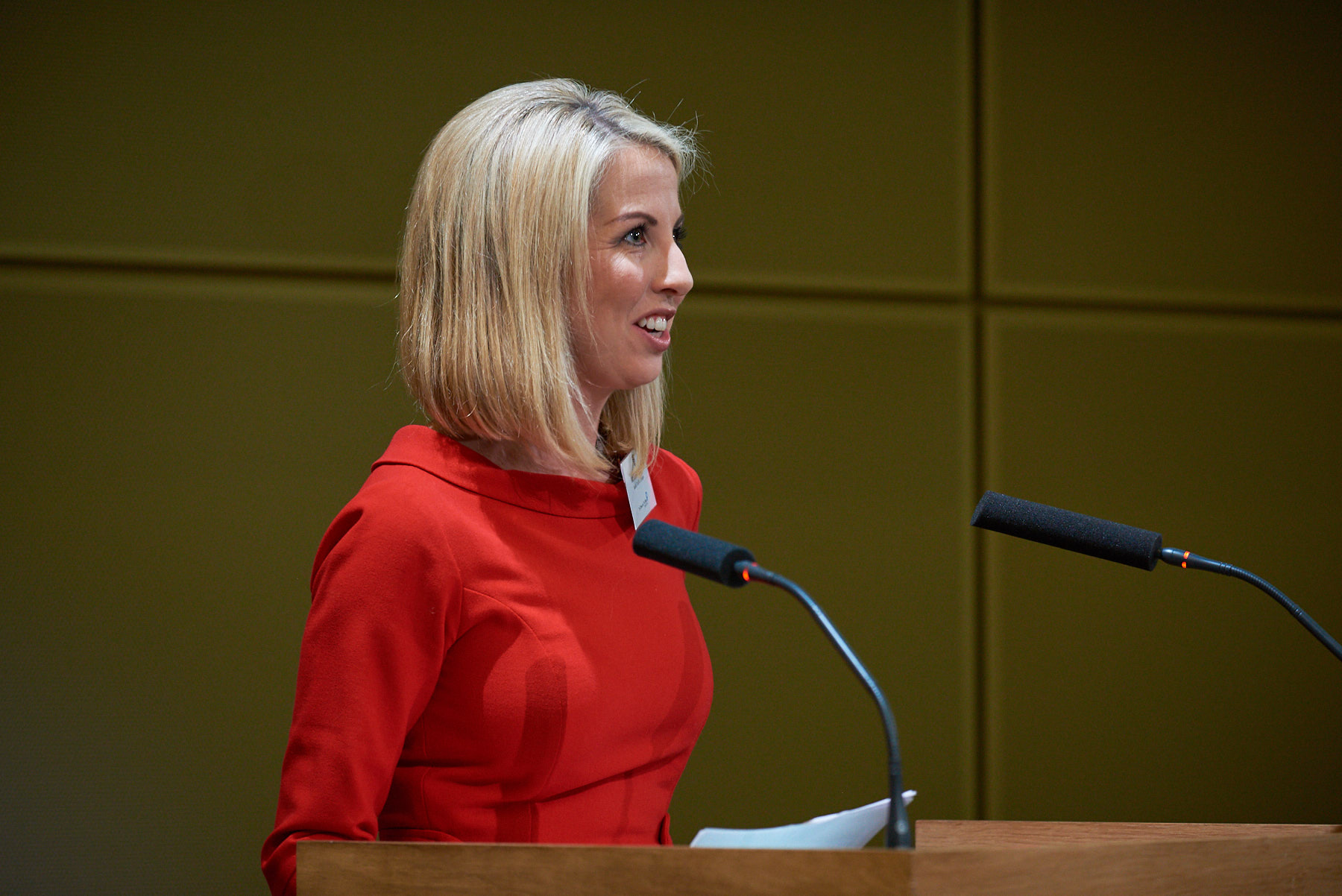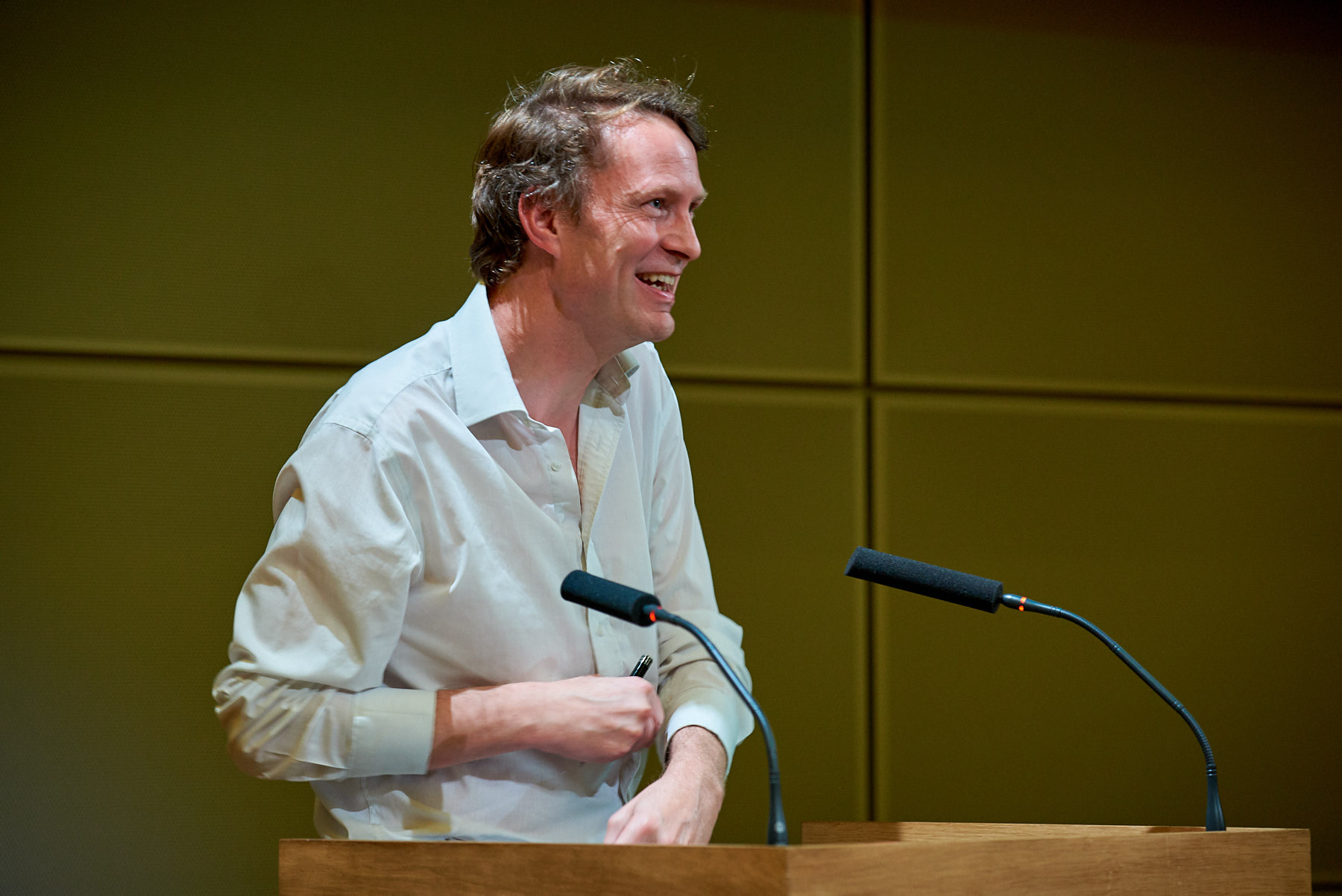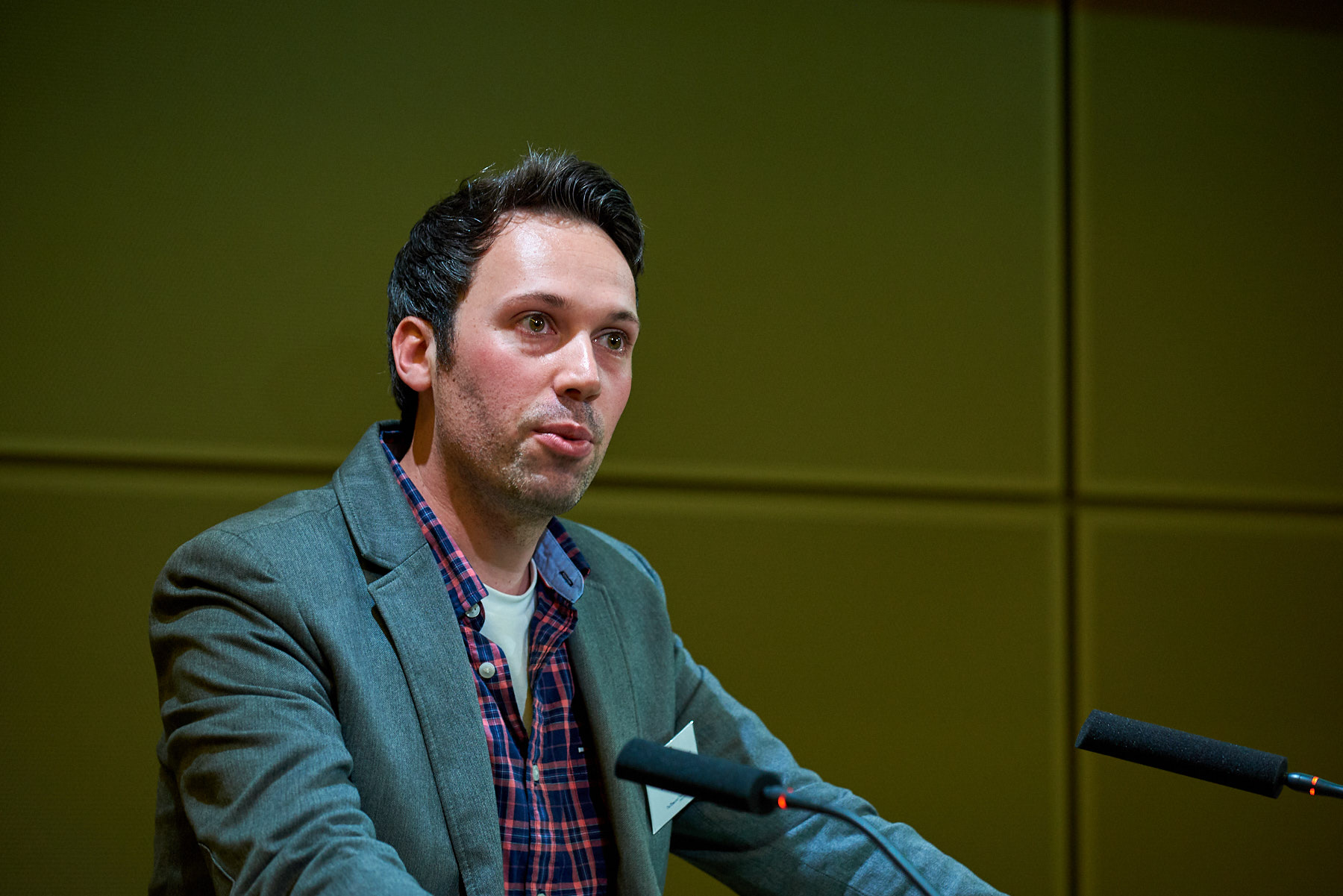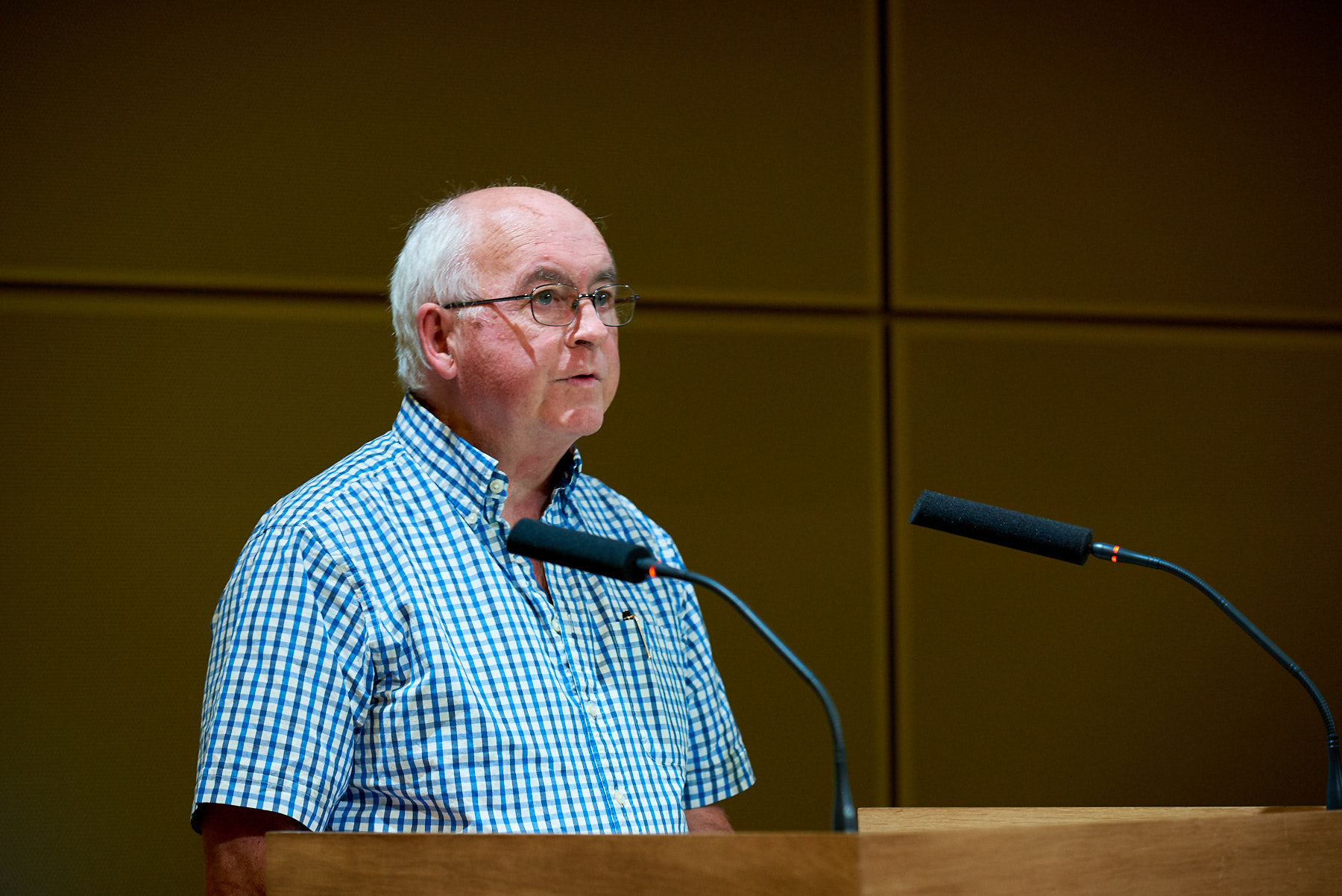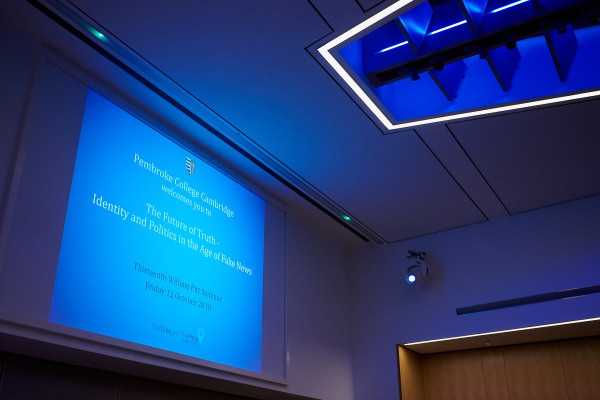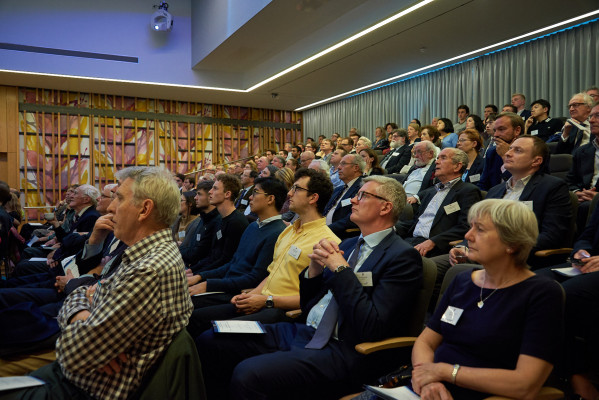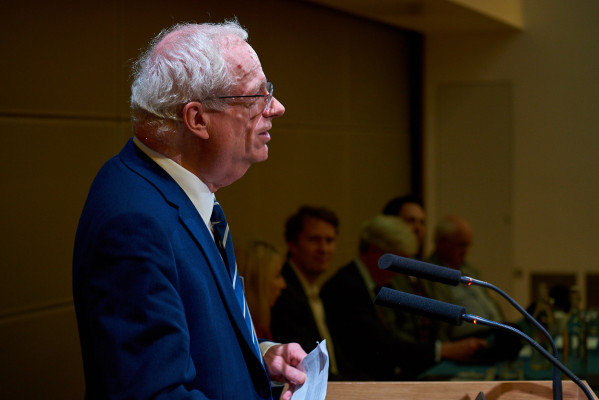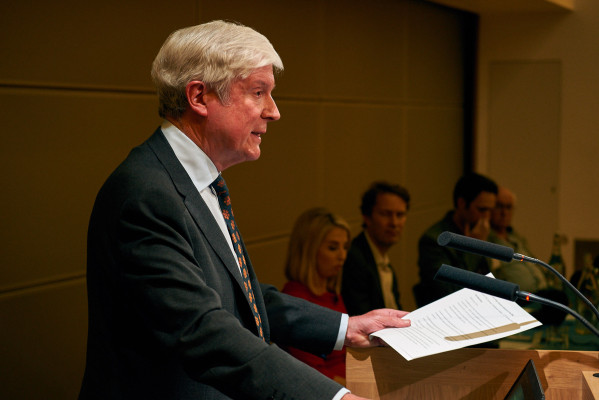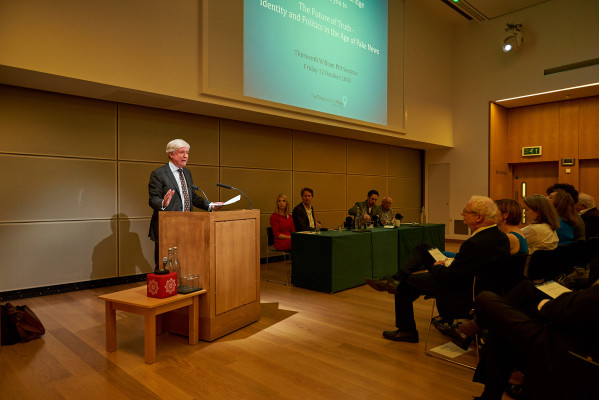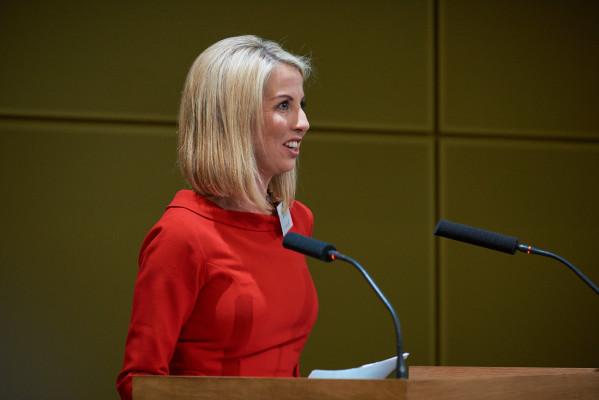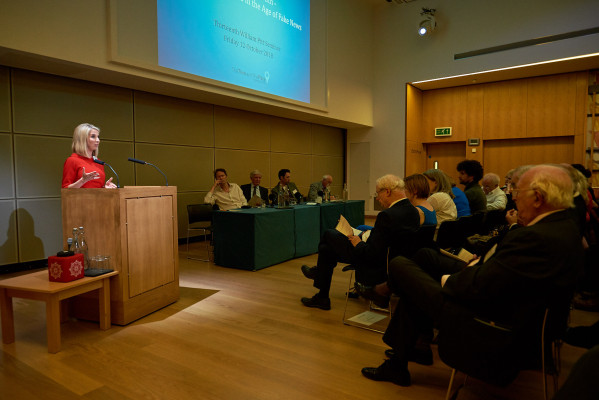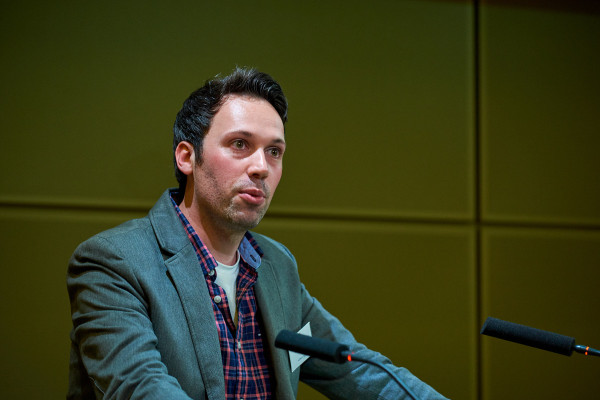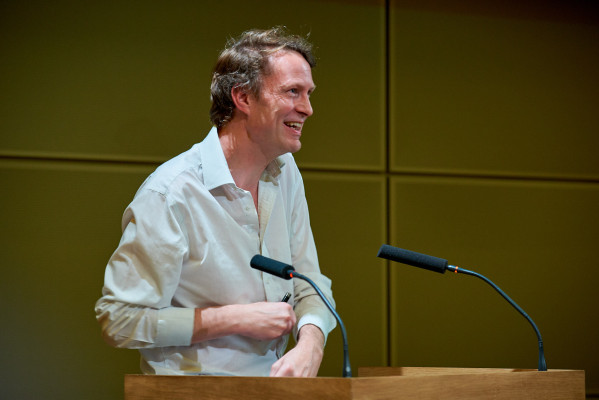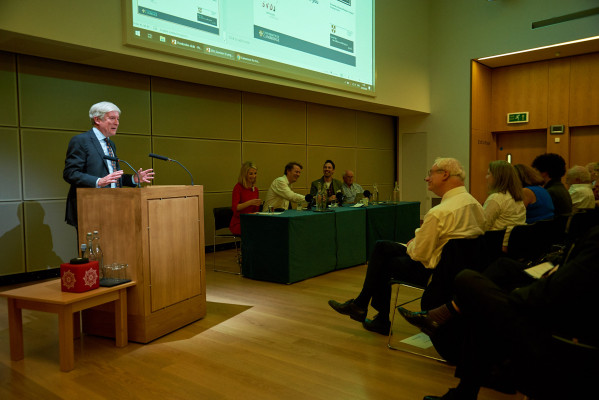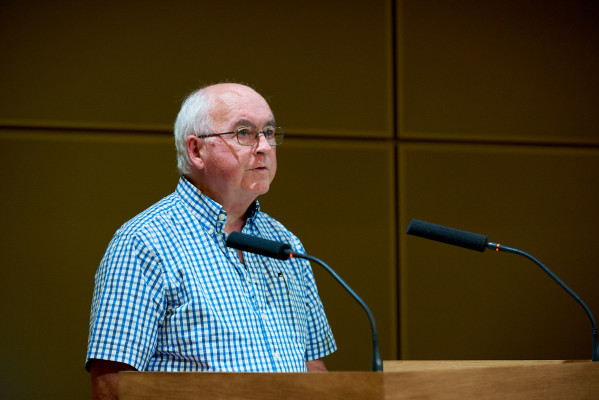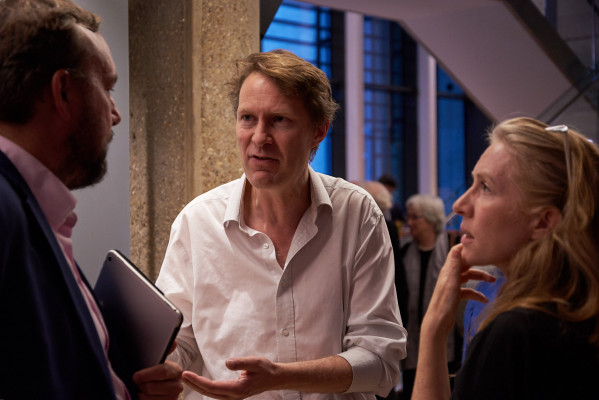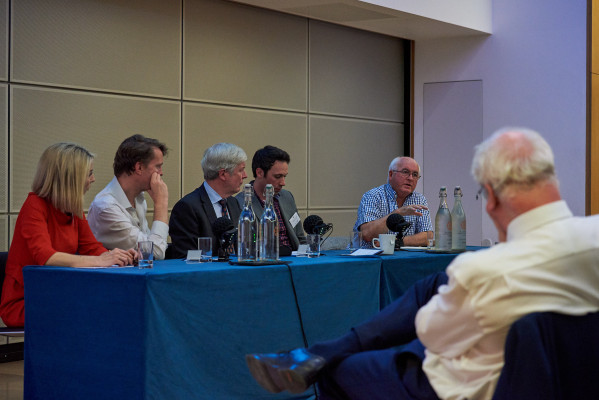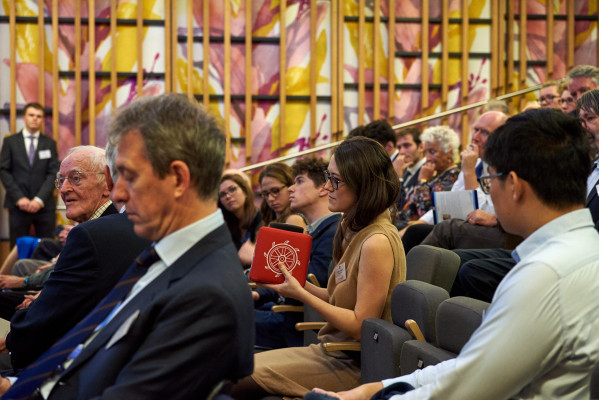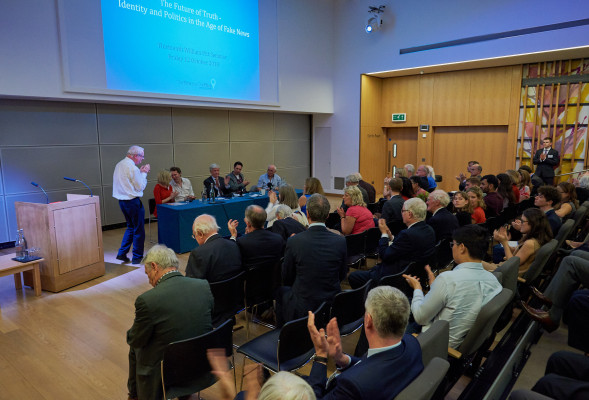2018 William Pitt Seminar: The Future of Truth
“...but no one was interested in the facts. They preferred the invention because this invention expressed and corroborated their hates and fears so perfectly.” James Baldwin, Notes of a Native Son
Fake news is not new. Misinformation, disinformation, propaganda – whatever form it takes, fake news has been around a long time, and it doesn’t look like it’s going anywhere. However, the persistence of fake news through the years doesn’t lessen its current importance. It’s become a familiar phrase in the campaigns of the 2016 US elections, the Brexit vote in the UK, and everywhere in between. The thirteenth annual William Pitt Seminar addressed this important topic, bringing together a panel of experts to discuss “The Future of Truth: Identity and Politics in the Age of Fake News”.
The Chair:
Tony Hall, Baron Hall of Birkenhead, Director-General of the BBC.
The speakers:
- Luke Harding, foreign correspondent for the Guardian and author of Collusion
- Professor John Naughton FRSA, Senior Research Fellow at Centre for Research in the Arts, Social Sciences and Humanities (CRASSH), University of Cambridge
- Caitríona Perry, journalist with RTÉ and author of In America: Tales from Trump Country
- Dr Sander van der Linden, University Lecturer in Social Psychology at the University of Cambridge and Director of the Cambridge Social Decision-Making Laboratory.
The discussion
The seminar was off to a strong start with an introduction from Tony Hall, Director-General of the BBC. Truth, he said, is crucial; democracy depends on it. And it is all the more precious for how hotly it is contested. Without truth, without information we can trust, how do we make sense of the world? We need education that gives us the tools to identify truth for themselves, and filter out the fake from the real.
The four panellists covered everything from the causes of fake news, to how we counter it. First to speak was Caitriona Perry, a multi-award winning journalist, and author. She spoke about a well-known example of how fake news and democracy have become intertwined: the Trump campaign. Despite her years as a journalist she had never, she said, experienced hatred towards the media like that she saw at Trump rallies. The media, she argued, has been set up as the enemy of the people, and this makes fake news all the stronger. Democratisation of information has changed the way we interact with news, reducing the need for journalists to filter it for us and raising questions about who ‘owns’ the truth. This widening field is a good thing in many ways, but there’s a risk of information overload. In America, she went on to say, many people are convinced there is a media conspiracy against Trump. Trust in the media has been strongly undermined, and for Caitriona this is definite cause for concern.
Luke Harding spoke next, remaining on the subject of fake news but moving geographically to focus on Russia. Luke is a Guardian correspondent and author whose work in Russia led to him becoming an early victim of trolling, and his eventual deportation from Russia in February 2011. Misinformation, he said, can be found all over the world. He sees rhetorical overlap in the way that world leaders such as Trump and Putin use ‘fake news’ as a guard against criticism, accusing opponents of spreading deliberate misinformation. Social media has amplified the spread of misinformation, and co-exists with more ‘traditional’ forms of espionage and political interventions. Ultimately, he argued, the truth can become unknowable if it becomes sufficiently confused, so we must know how to counter it.
Sander van der Linden followed this with an analysis of the spread of misinformation, and possible counter-measures. He pointed out the struggle of identifying fake news in the first place and the fact that, although we know fake news has social consequences, we don’t entirely know how online behaviour translates to the real world. We can’t tell people what to believe. Instead, Sander argued, you inoculate them by giving them the tools to guard against fake information for themselves. The work carried about by his research team has led to the development of a ‘gameified’ version of this ‘psychological vaccine’ against fake news. In it a player is encouraged to create their own fake news and build a following by publishing misinformation and manipulating sources. The research group discovered that exposure to these tactics can make it easier for people to identify and refuge fake news they find online. You can play it here and read more about the research behind it on the University’s website.
Professor John Naughton of CRASSH and Wolfson College finished the session, describing a perfect storm of events, including increasing social inequality and the 2007/08 financial crisis, that have created the perfect conditions for fake news. Technology, he said, has certainly had an impact; a person can now be “ruthlessly selective” about what they hear and read, and the big internet companies – Facebook, Twitter, YouTube – have highly targeted advertising that amplifies these choices. To get to the root of the fake news problem, he argued, we have to go to the heart of surveillance capitalism.
The question and answer session was a rich discussion on topics like the global nature of fake news, the spreading of propaganda by influential individuals, and criticism of experts at all levels of society. A point that was made often was that none of this is really new. There has always been misinformation, and there has always been a desire to seek out information that affirms our worldview. What has changed, and still is changing, is the amount of information available, the social circumstances, and the platforms through which we access information. So what’s the solution? Tony Hall concluded with this: it’s about education, it’s about talking together, and it’s about resources. The message of the William Pitt Seminar was that, despite the challenges we face, the game is not lost yet.

